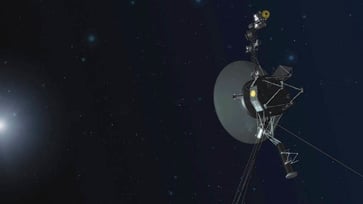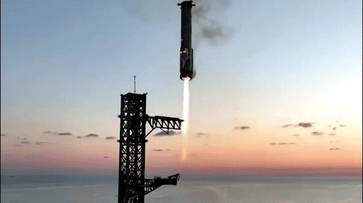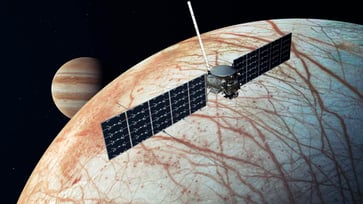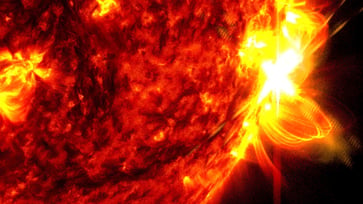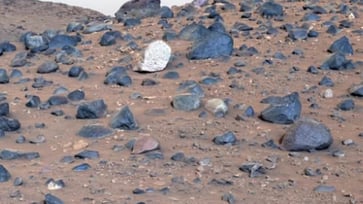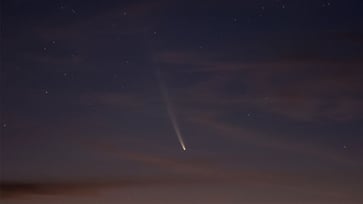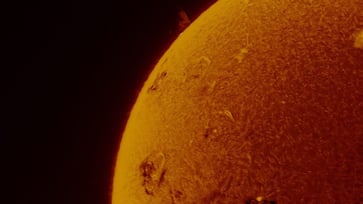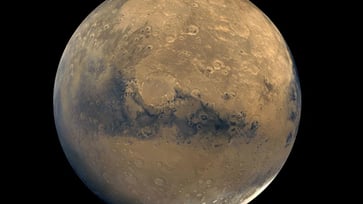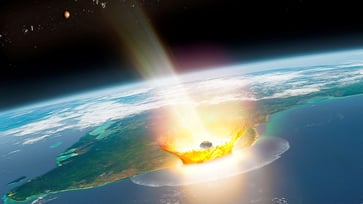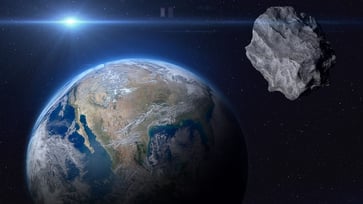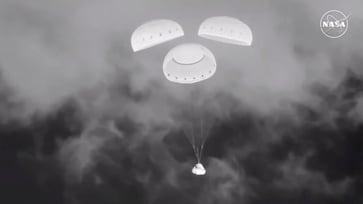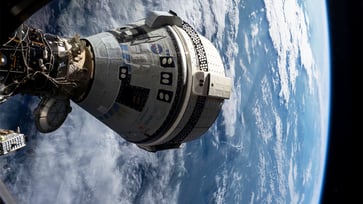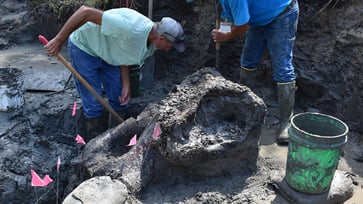Russian cosmonaut becomes the first individual to surpass 1,000 days in space.
Oleg Kononenko, 59, achieved a milestone as he completed his fifth trip to the International Space Station.
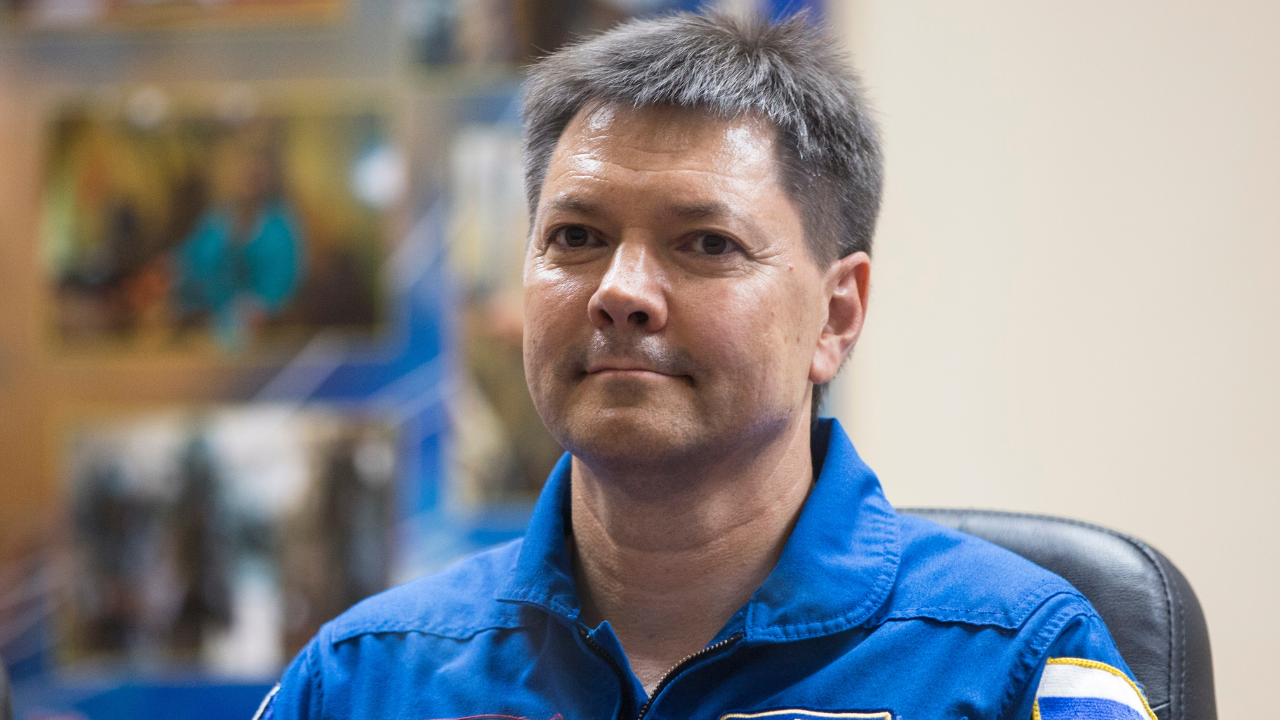
- Oleg Kononenko, a 59-year-old Russian astronaut, was the first individual to spend 1,000 days in space.
- On Tuesday, Kononenko achieved his fifth journey to the International Space Station since 2008, marking a significant milestone.
- His journey to the ISS started on Sept. 15, 2023, with NASA astronaut Loral O’Hara and Russian Nikolai Chub.
The Russian cosmonaut, who is 59 years old, has achieved the record of spending 1,000 days in space, as announced by the Russian space agency Roscosmos on Wednesday.
On Tuesday, Oleg Kononenko reached a milestone by completing his fifth journey to the International Space Station, which began in 2008.
His ISS journey commenced on Sept. 15, 2023, with the launch alongside NASA astronaut Loral O'Hara and fellow countryman Nikolai Chub.
In February 2024, Kononenko broke the cumulative space time record set by Gennady Padalka in 2015, surpassing a total of 878 days, 11 hours, 29 minutes, and 48 seconds.

If Kononenko's mission ends on schedule on Sept. 23, 2024, he will have spent a total of 1,110 days in space.
"Kononenko, in an interview with TASS, stated that achieving a new milestone and overcoming the unknown gives one confidence and pride in their work."
His American colleagues on the ISS were among the first to congratulate him on his achievement, as he also told TASS.
The International Space Station is one of the few areas where the United States and Russia still cooperate closely, despite Moscow's invasion of Ukraine in February 2022. Roscosmos announced in December that its cross-flight program with NASA transporting astronauts to the ISS had been extended until 2025.
science
You might also like
- Lunar modules from the first two moon landings have been captured in stunning detail by Orbiter photos, more than 50 years after the historic missions.
- Discovery of a remarkable mastodon jaw in a New York homeowner's backyard
- NASA resumes communication with Interstellar Voyager 1 after pause.
- In 2055, the asteroid that was once referred to as Earth's "mini moon" will make a return visit.
- A new species of sea slug that resides in the ocean's 'midnight zone' has been discovered with a glowing appearance.
